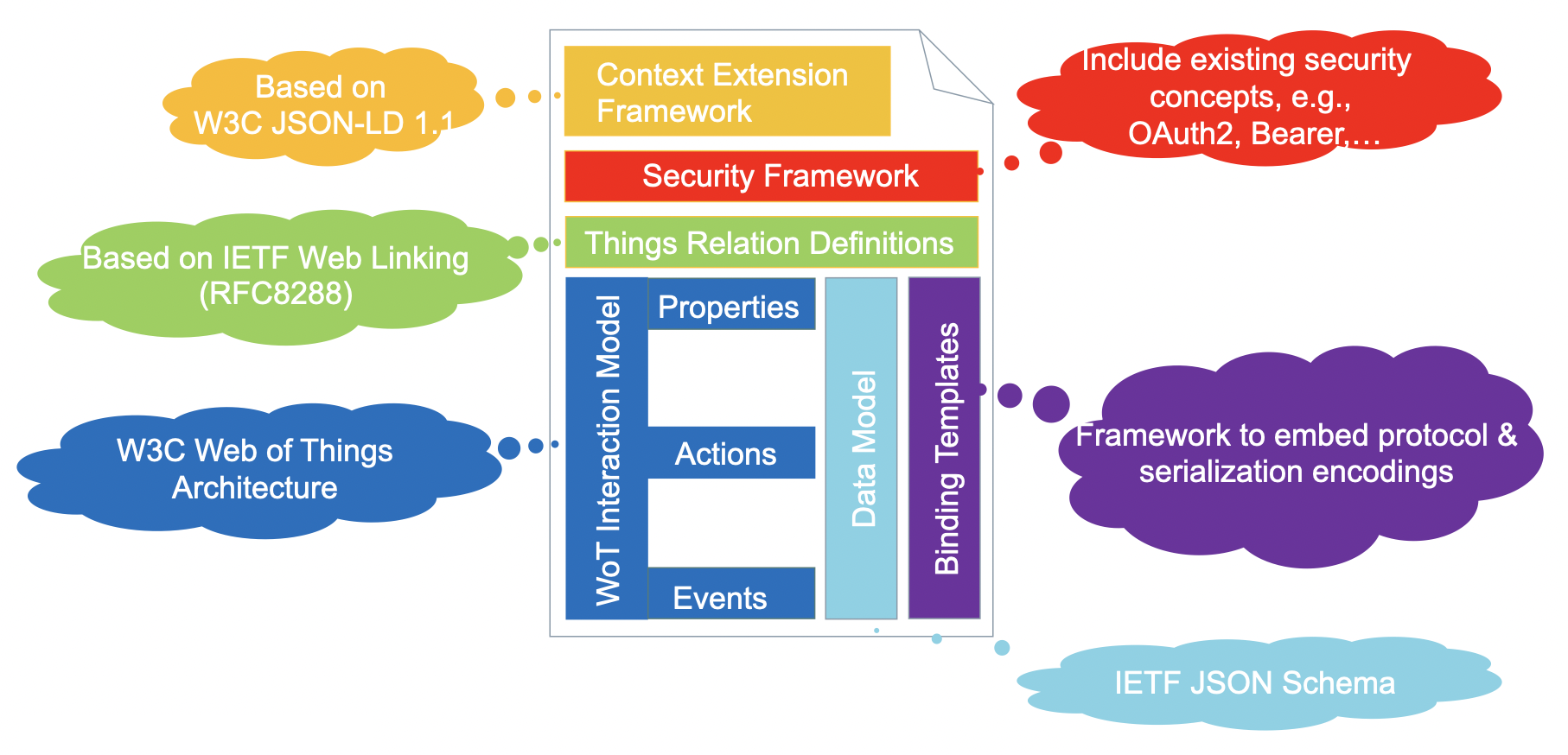Since the introduction of Model Context Protocol (MCP), I thought this was just gonna be another hype extension that’s simply just a LLM wrapper. I started playing with the git projects my dev team downloaded and it was cool. They described it as “toybox for developers” I don’t even know what that means
Ok cool. So MCP lets me connect models to specific sources of data, whether that’s our internal CRM, my calendar, or some obscure project database. But instead of a single query, it can query, act, and respond within a single request in multiple areas. Let’s say I want to run a report based on the supply chain performance. Normally, if I ask a model, “What’s our average lead time for the past 3 months?” it will either:
Let’s say I give the model access to the actual reporting database or ERP dashboard so the model won’t guess. I can submit a request for the average lead time for the last 90 days and get a simple call back.
Hypothetically, the answer will result in something like, “Your average lead time over the last 90 days is 17.2 days, down 1.8 days from the previous quarter,” which is pretty standard. But let’s say I gave it access to our Salesforce, Teams, and Confluence.
What MCP is supposed to do based on what I understand is talk to multiple systems before giving me the answer instead of the the one piece of answer. I can structure my request by asking: “What’s our on-time delivery performance this quarter, and provide a comparison to last quarter with a performance measure of vendor names from salesforce we worked with to identify correlations of KPI’s from Confluence and send it to the teams channel “DevOps PNW
MCP will perform the query to our ERP for delivery data, cross-reference it with CRM sales forecasts, digest the reports from confluence, and provide me with formatted insights sent to a teams channel all within the same interaction. That’s what makes this cool: it turns isolated integrations into a reusable, context-aware ecosystem, letting the model act more like a true operator’s assistant rather than a one-off script runner.
It’s cool. I don’t know if it's at a point of groundbreaking but in theory it's a pretty cool first step. It sounds I’m not calling for data, I’m calling for a tool. Then I let the model use the accessed systems when relevant. My developers like the idea because there’s no need for plugins either with the model’s reasoning loop. They want to get a MCP setup for testing on dummy data to see if it’s actually usable across our areas of work. Not sure if I’m ok with that but I really can’t stop them. Pretty cool either way.
